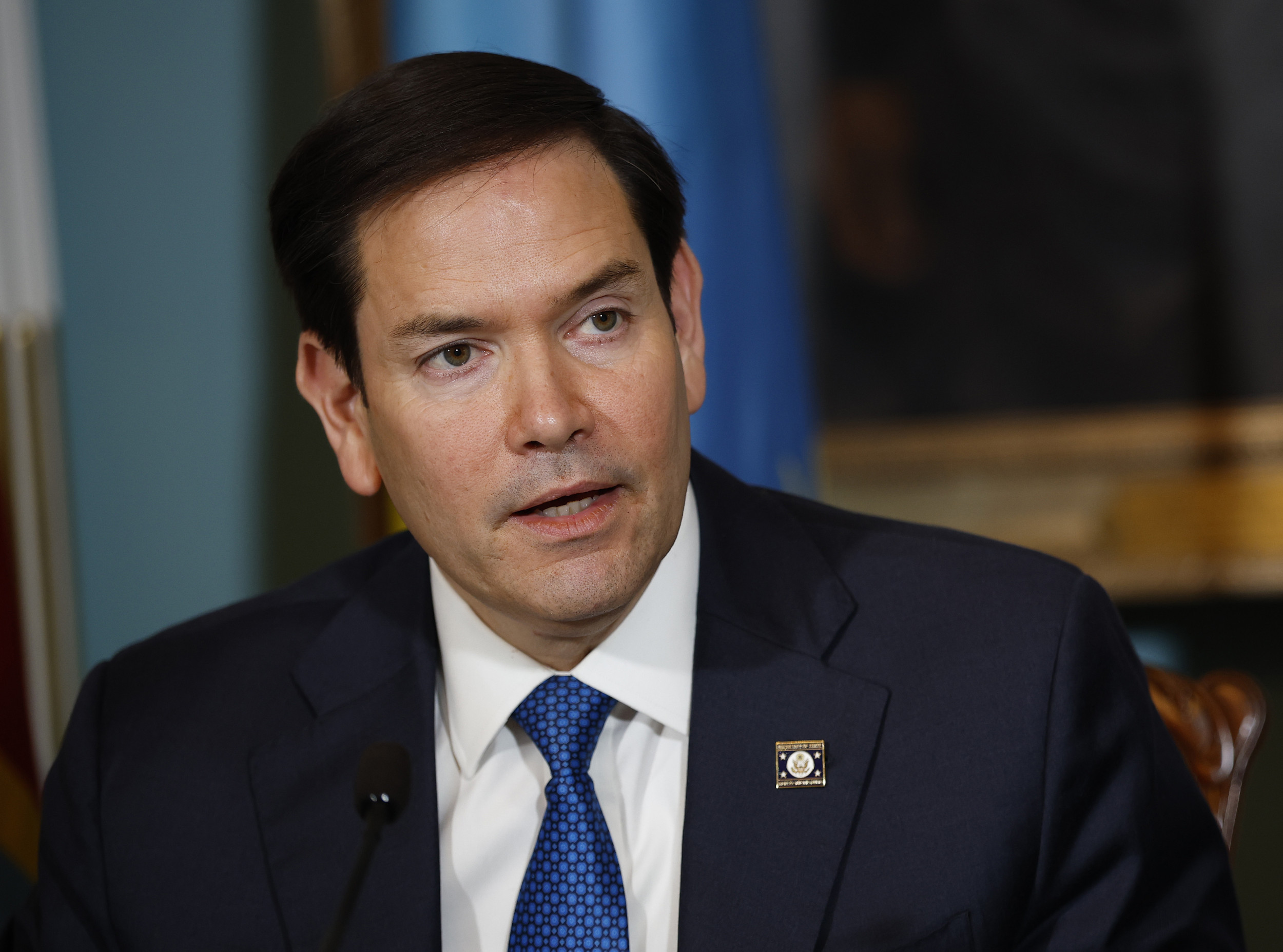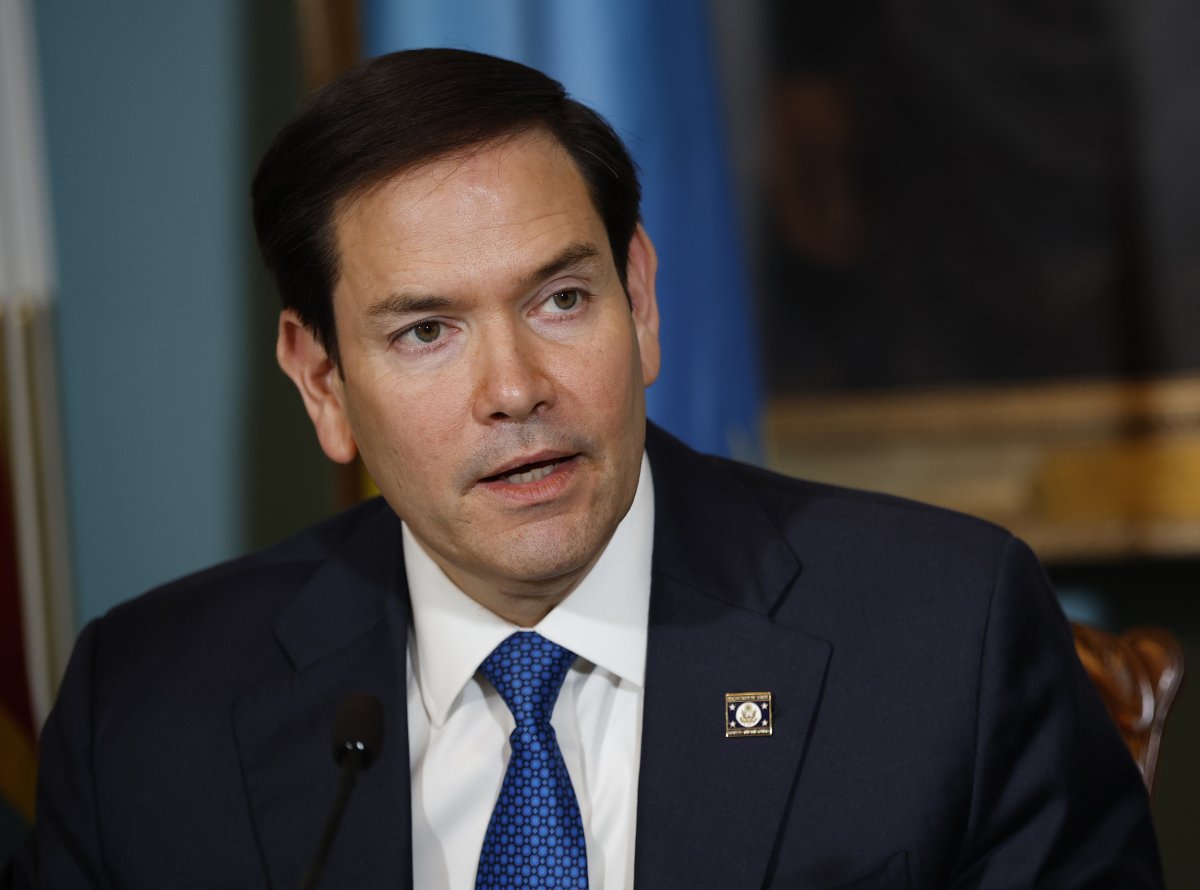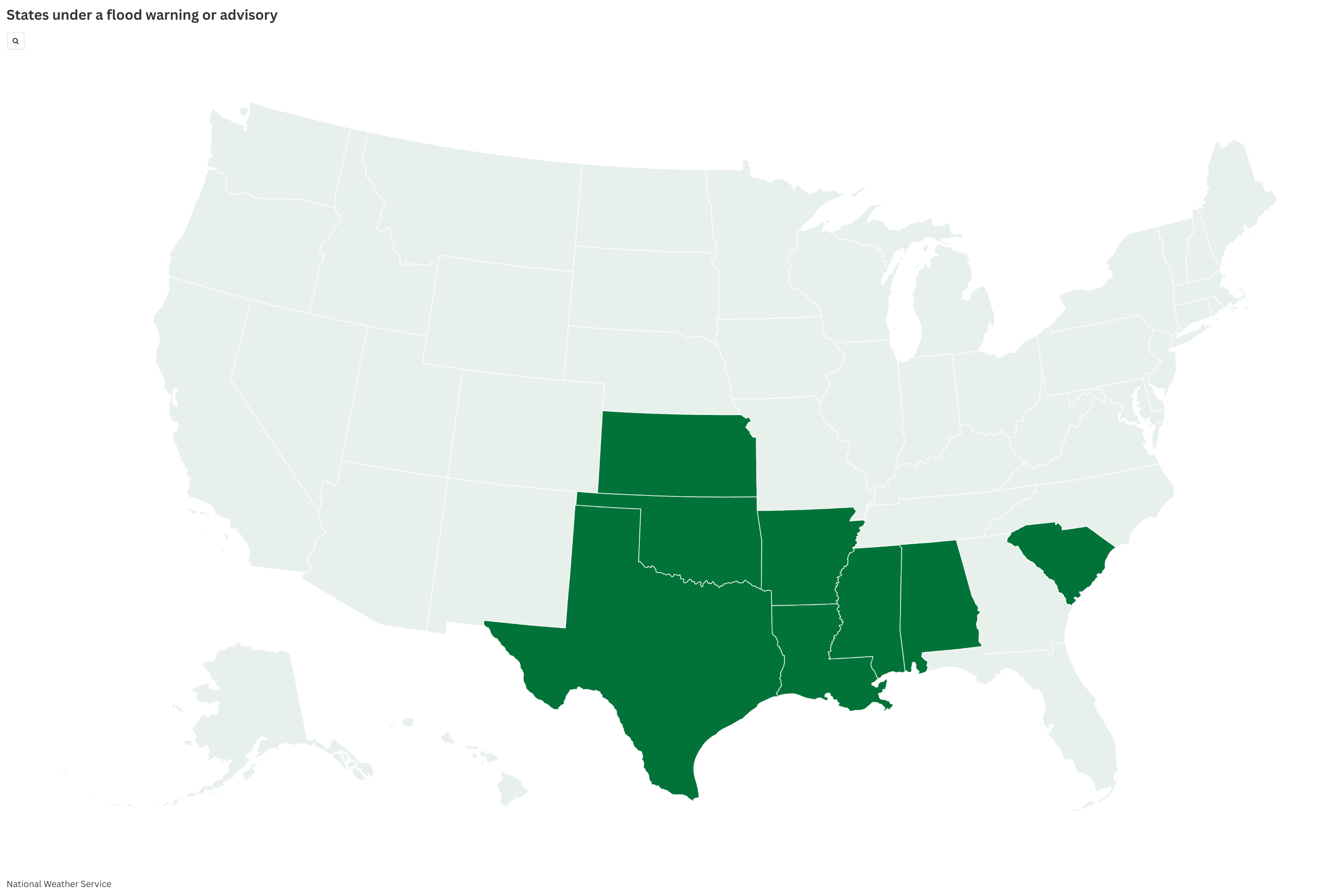
Secretary of State Marco Rubio announced on Wednesday visas would be restricted for foreign officials who engage in censorship of Americans.
Newsweek reached out to the U.S. Department of State for comment via its press contact form.
Why It Matters
The order could have significant implications for foreign policy in nations where officials have been criticized for alleged censorship, although specific details about who may be impacted were not provided by the State Department on Wednesday. It comes as President Donald Trump‘s administration has reshaped foreign policy on many fronts since his return to office in January.
What to Know
Rubio announced the new policy in a press release on Wednesday. He wrote that a new visa restriction policy would “apply to foreign nationals who are responsible for censorship of protected expression in the United States.”
“It is unacceptable for foreign officials to issue or threaten arrest warrants on U.S. citizens or U.S. residents for social media posts on American platforms while physically present on U.S. soil. It is similarly unacceptable for foreign officials to demand that American tech platforms adopt global content moderation policies or engage in censorship activity that reaches beyond their authority and into the United States,” he wrote.

Kevin Dietsch/Getty Images
The statement did not provide more details about implementation or any specific examples of censorship that could trigger the policy.
Europe’s Digital Services Act, which seeks to crack down on disinformation and illegal action online, has come under scrutiny from the administration over concerns it could be a form of censorship, though Rubio’s statement did not specifically mention it. Rubio has also previously said sanctions would be considered for Brazilian judge Alexandre de Moraes, who temporarily suspended X in the South American country last year.
In the U.S., Americans are generally given broad protections with regard to social media posts in the eyes of the law, though there are some limits, such as threats of violence. Social media companies are also allowed to implement their own rules on their platforms.
The Trump administration has faced criticisms for policies some believe would chill free speech such as monitoring the social media of immigrants, as well as the arrests of international students who participated in pro-Palestinian protests on college campuses.
What People Are Saying
Representative Warren Davidson, an Ohio Republican, wrote to X: “The First Amendment is a fundamental aspect of what makes the U.S. a truly free nation. I applaud @SecRubio’s efforts to protect Americans’ free speech and ensure accountability for foreign actors who seek to undermine it.”
Writer Anthony LaMesa wrote to X: “Our Gulf allies censor and arrest people for complaining about businesses. Will their officials be restricted? How about Israeli officials who censor certain speech related to the Palestinians? How about Thailand and other monarchies with their lese-majeste laws? This is absurd.”
Rubio wrote to X: “Foreigners who work to undermine the rights of Americans should not enjoy the privilege of traveling to our country. Whether in Latin America, Europe, or elsewhere, the days of passive treatment for those who work to undermine the rights of Americans are over.”
What Happens Next
More details about who could be impacted by the order remain unclear. The issue of freedom of speech and social media censorship will continue to be a pressing concern for politicians both in the U.S. and abroad.





